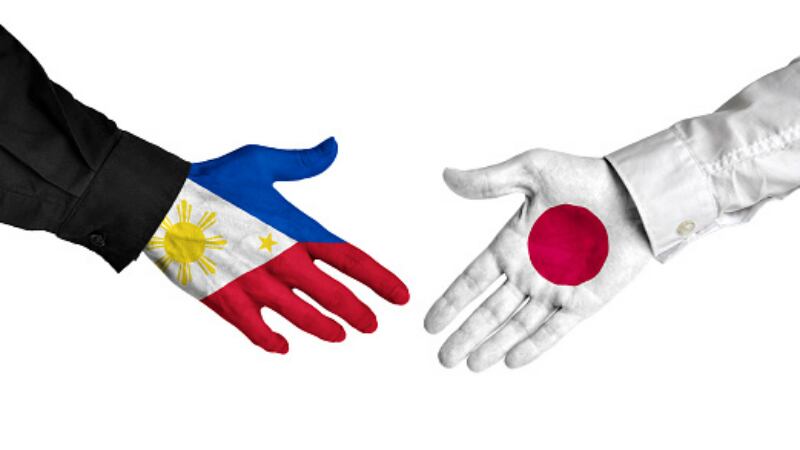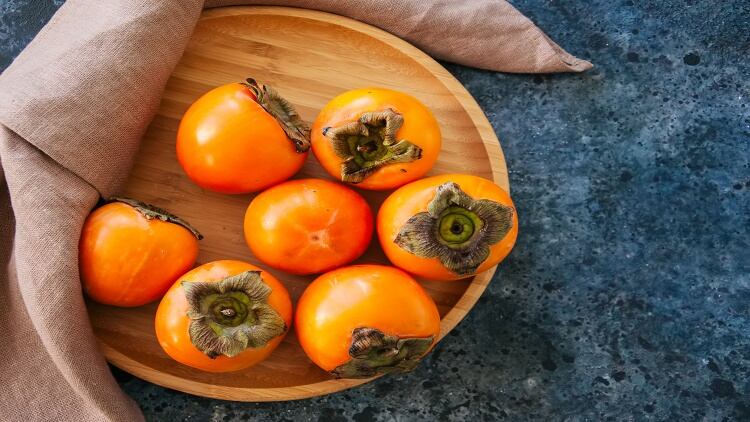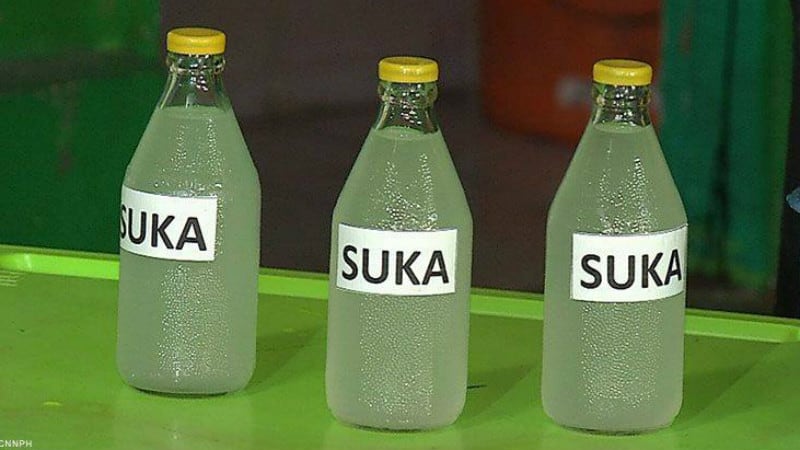The ban had been in place for seven years, since it was implemented in the aftermath of the 2011 Fukushima nuclear disaster.
“I consider the ban, issued by the previous administration, as just a bureaucratic gobbledygook and an over-reaction to an issue which did not really affect the Philippines,” said Agricultural Secretary Emmanuel Pinol on his Facebook page.
“It was a ridiculous bureaucratic exercise for the simple reason the fish species included in the ban are not imported by the Philippines anyway.”
The species of fish on which the ban has been lifted include cherry salmon, sand lance, Japanese dace, and ayu.
“[The lifting of this ban] ends a 7-year issue which strained PH-Japan Agriculture and Fisheries Trade,” added Pinol.
The change in regulations was announced alongside Philippines President Rodrigo Duterte’s visit to Japan, where he was pushing for increased agricultural exports to the East Asian nation, as well as more favourable tariff rates.
Specific items discussed included the fast-tracking of Philippines avocado market access into Japan and lower tariffs on Cavendish banana exports.
Earlier this month, Pinol posted that Japan ‘appeared to have softened’ their stance on these issues.
“[The] Duterte Administration is showing goodwill to the Japanese government [with the lifting of this ban], as it moves to promote the entry of more Philippine agriculture products to the Philippines,” said Pinol.
The announcement was met with understandable cheer from the Japanese administration. Japanese Prime Minister reinforced the country’s continuing argument that products from Fukushima are now safe for consumption.
“Safety of agriculture, forestry and fishery products of Fukushima is ensured through thorough inspections and other measures,” he told PhilStar.
“Our government will continue to make utmost efforts to push for relaxation or removal of import restrictions imposed by some countries and wipe out the hurtful rumours.”
“With another milestone reached, I look forward to working hand in hand with President Duterte to further deepen the bond of friendship between Japan and the Philippines.”
Troubles elsewhere
Although the Philippines has moved to welcome Japanese fresh produce from Fukushima, other countries such as Taiwan are still standing firm on the bans implemented since the 2011 disaster.
The Taiwanese government was initially prepared to soften its stance on the ban, but this was stopped in its tracks when an ‘anti-nuclear food’ referendum was pushed forward by the largest opposition party in the country, Kuomintang.
Japanese de facto ambassador to Taiwan, head of the Japan-Taiwan Exchange Association Mikio Numata, expressed disappointment over the referendum.
He called it a ‘political’ move, saying that: “The decision whether or not to lift the ban should be made based on scientific evidence and from a professional point of view, instead of being used as a political tool and pulling all the Taiwanese people into it.”
The public voted to continue the ban at the referendum, and balloting results showed that 7.79 million out of 19.76 million eligible voters voted to continue the ban, according to the Taiwan Central Election Commission website.





